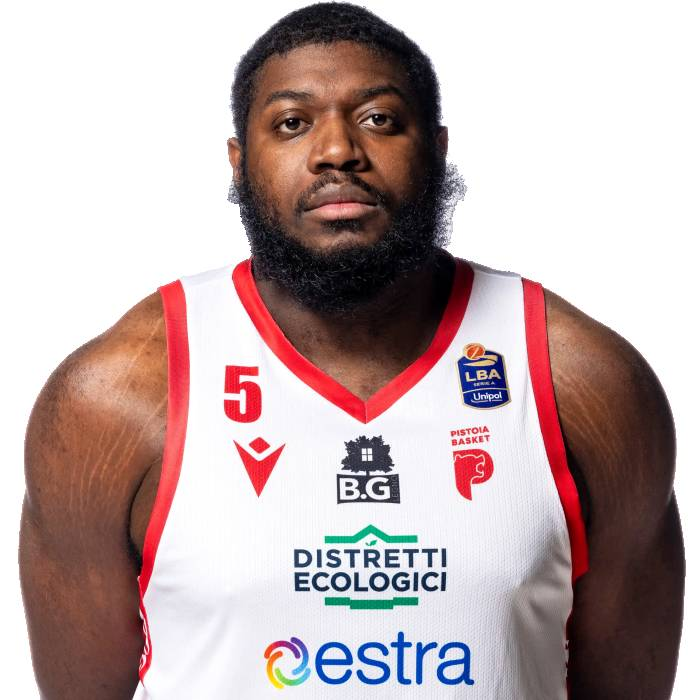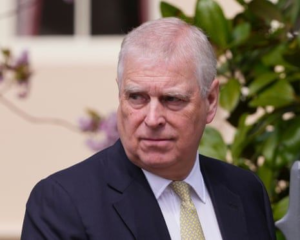From NBA Promise to Unpaid Contracts: The Financial Dangers Facing American Athletes Overseas
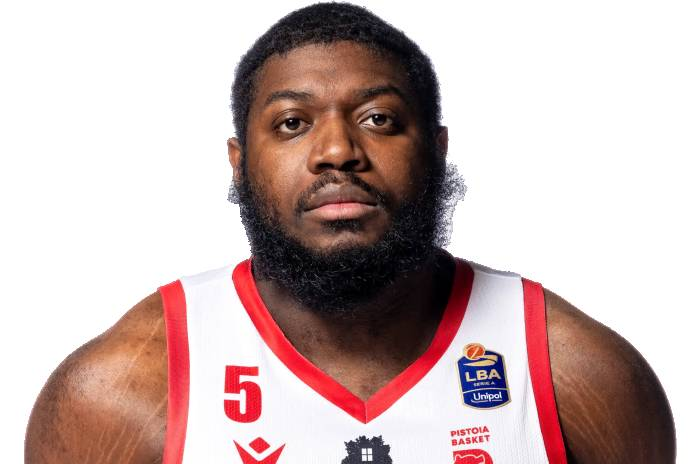
Eric Paschall’s story shines a light on a dark side of international sports contracts, where many players face financial precarity and struggle to get paid.
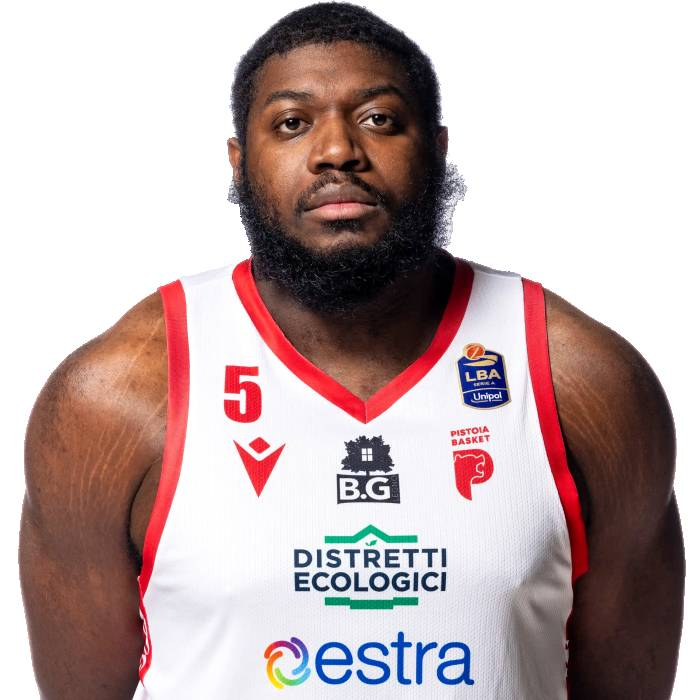
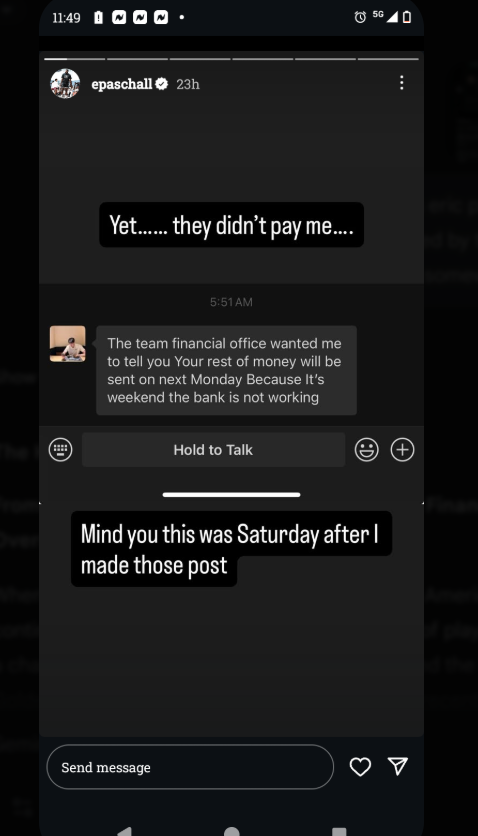
Summer 2024 saw Eric Paschall, once the 2019-20 NBA All-Rookie First Team member, sign with Pistoia Basket in Italy for the 2024-25 season. Last Word On Sports The move represented an opportunity: a chance to reinvent himself, be a key player for a European club, and rebuild career momentum. In his NBA tenure, Paschall had averaged 9.8 points, 3.2 rebounds, and 1.4 assists per game in about 19.2 minutes and last season with the Georgio Tesi Group Pistoia he average 10.3 points and 3.0 rebound.
However, for many players who choose to continue their professional careers overseas, the promise of stability and financial safety sometimes clashes with reality. Clubs abroad—even those in respectable European leagues—can be slow or inconsistent with payments, or fail to meet contract stipulations concerning housing, medical facilities, or bonuses.
These issues aren’t necessarily unique to Paschall’s situation but reflect systemic challenges foreign athletes often confront: cultural isolation, language barriers, climate adjustment, cold weather, and bureaucracy. The “cold region” for many Americans includes not only temperature but sometimes cold reception—unclear contract terms, delayed payments, or lack of fulfillment of agreed services.
Although no official record has yet confirmed a legal confrontation between Paschall and his management over unpaid wages, the concern is not hypothetical. Other former NBA athletes have faced similar problems in Europe:
- Ben Woodside is one such case. In his career playing for various European teams, he experienced salary disputes. For example, Woodside left Olimpija due to unpaid wages.
- Joseph Blair, a former NBA draftee, also had “bad experiences” in Europe, particularly in Greece, where salary arrears forced him to abandon a season.
Eric Paschall’s recent Instagram posts reveal the harsh reality of professional basketball overseas. Despite being a key contributor on the court, he found himself chasing management for payments that should have been automatic. Screenshots show Paschall pleading with his European club for respect and clarity, noting how he had not dishonored his contract while the team delayed fulfilling theirs. After days of silence and broken promises, it was only when he went public that the money was finally sent.
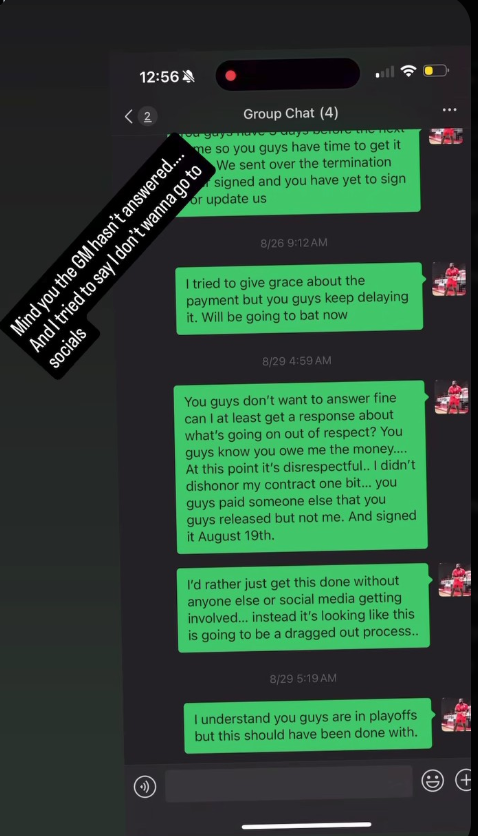
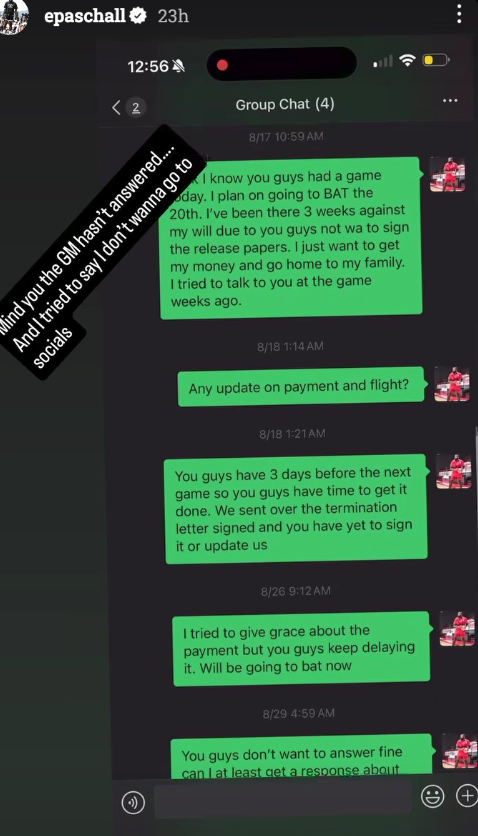
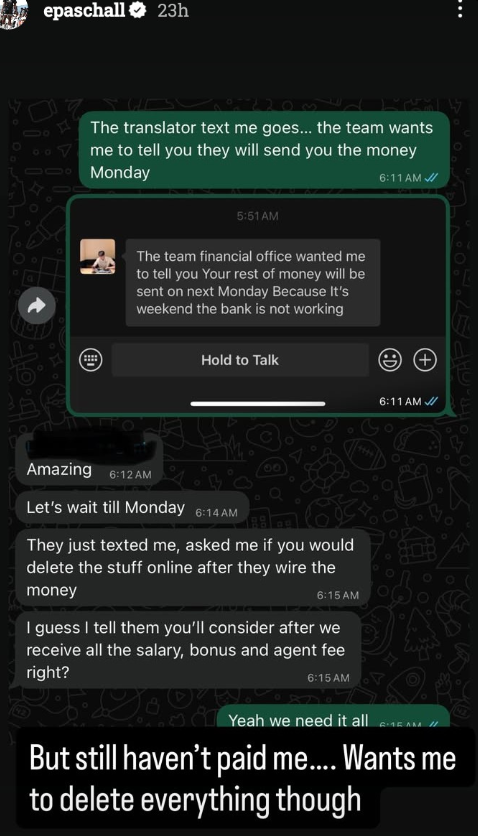
This situation is not unique to Paschall. It mirrors the struggles of countless athletes who leave the NBA to extend their careers internationally. Many face delayed payments, housing issues, and difficult living conditions in unfamiliar countries. While these players often provide significant value—drawing fans, boosting team revenue, and elevating competition—the security of their contracts doesn’t always match what’s written on paper.
For Paschall, the ordeal ends with a bittersweet victory: he got paid, but only after social media pressure forced the issue. His story underlines a bigger problem in global basketball—when athletes dedicate themselves to the game, they shouldn’t also have to fight for what they’re owed. Until reforms and accountability strengthen across leagues, stories like this will continue to surface, exposing the fragile side of playing professionally overseas.
